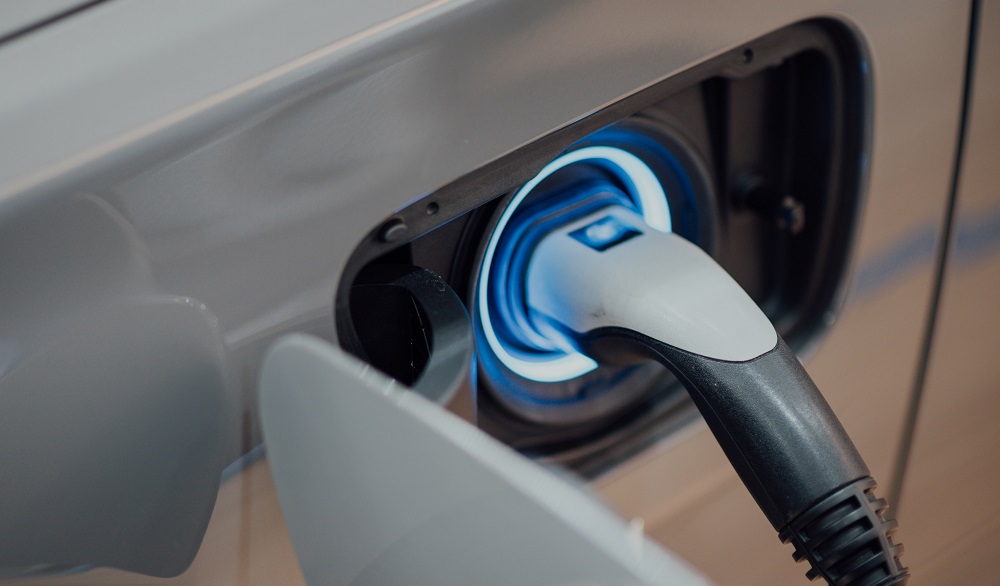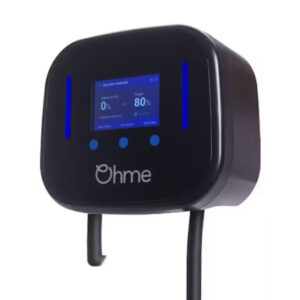Need an electric car charger, but not sure where to start?
Well, first you need to consider your options…
You could just plug in to your normal wall socket with a 13Amp plug.
Or you could pay the base price and get an entry level 16Amp outdoor wall charger fitted.
Alternatively, for an extra £50 or so, you could plump for the 32Amp outdoor wall charger.
But what difference does it make to you?
Let’s use the Hyundai Kona and the Tesla Model 3 as examples. Although not the cheapest electric car, they are two of the most popular electric vehicles on the market.
Using a 13Amp plug the Hyundai will take up to 29 hours to fully charge, which is slightly better than the Tesla at up 33 hours. So, unless your isolating, it’s probably not a great solution for you.
The 16Amp wall charger doesn’t fair much better, at up to 18 hours for the Hyundai and up to 21 hours for the Tesla. You’d have to have an extra-long lie in bed to make this charging time palatable.
Really the only charging solution worth investing in, although it’s a little more expensive, is the 32Amp outdoor wall charger. Why’s that?
Because your Hyundai will be fully charged within 10 hours and your Tesla within 11 hours, so you’ll at least be able to get to work and back when you wake in the morning.
…being an OLEV approved installer, we’ve even got £350 grants available to make it affordable.


